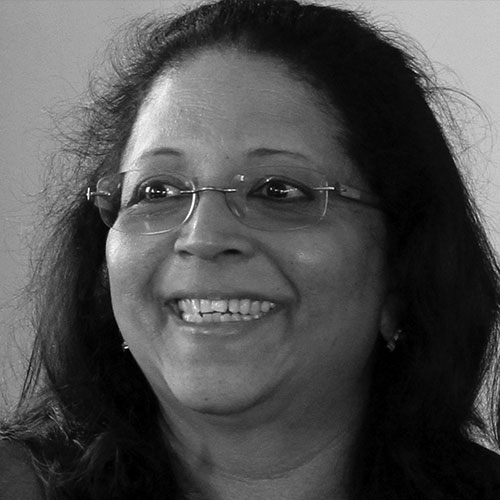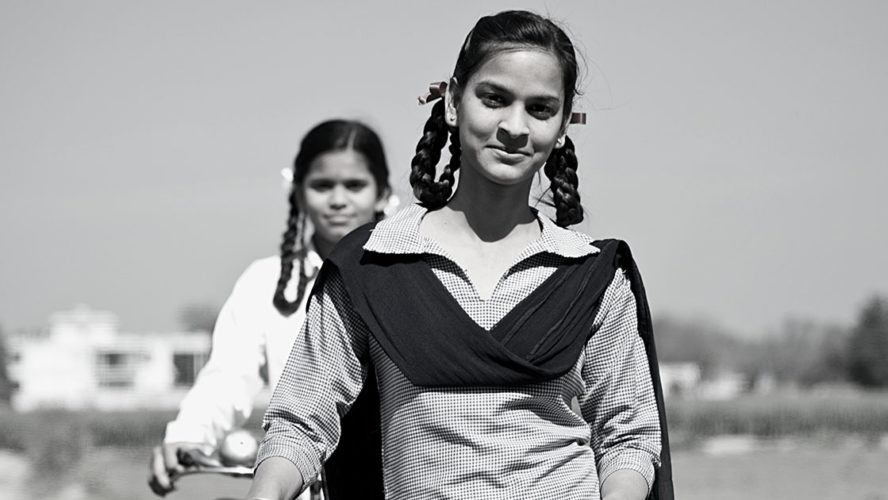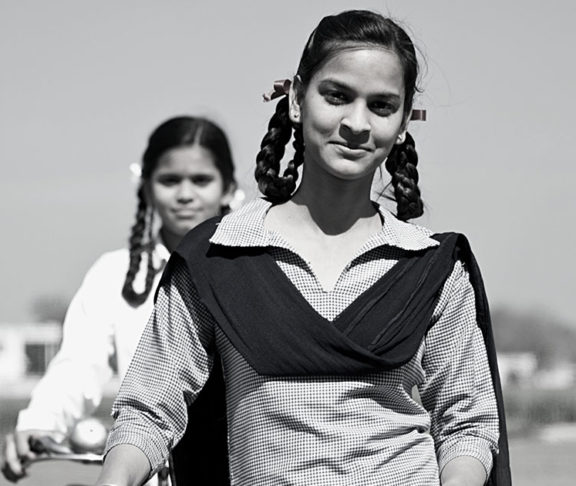From the onset of puberty until the attainment of menopause, millions of women around the world experience period poverty because of prevailing menstrual inequity.

Padmini Murthy, M.D., M.P.H., M.S., FRSPH, FAMWA
Professor, New York Medical College School of Health Sciences and Practice; Global Health Lead, American Medical Women’s Association
Most women menstruate each month for about two to seven days. Despite this being a normal biological phenomenon, menstruation, ironically, is stigmatized around the world even in the 21st century.
Lack of access
Period poverty refers to the inadequate access to menstrual hygiene tools and education, including but not limited to sanitary products, washing facilities, and waste management.
Mention or discussion of menstruation is often associated with stigma and shame, and women and girls are often subject to discrimination, cultural taboos, and period shaming.
In some areas of the world, menstruating women and girls face restrictive and discriminatory practices, sometimes being forced to live in menstruation huts, forbidden to interact with family and friends, and thus denied the access to participate in daily activities. Girls often miss school during their period; according to UNICEF, access to menstrual hygiene tools and education is crucial to keeping girls in school.
Access to menstrual products is a basic right, yet on a global level, many women and girls are denied this right. It is crucial that the global community makes Menstrual Equity a priority agenda to achieve the United Nations Sustainable Development Goals 1, 3, 4, 5 and 17.
Menstrual equity
Menstrual equity can be achieved by debunking the myths and taboos surrounding periods. Menstrual health is not just a women’s issue. The lack of basic sanitation services to more than 2 billion people poses an additional hurdle for women and girls to manage their monthly periods with dignity and self-confidence, without compromising their basic rights. Investing in providing menstrual hygiene for girls and women is cost effective, as it promotes healthier communities and contributes to increased potential for stronger economic growth.
Addressing the ongoing challenge of period poverty must include grass roots and multisectoral efforts.
Purposeful partnerships
In recent years, there have been successful partnerships between NGOs, public and private sectors, policy makers, and leaders to address this public health challenge.
The American Medical Women’s Association (AMWA) is partnering with Days for Girls and The Office of the First Lady of Suriname to launch a pilot project that promotes menstrual equity. In addition, AMWA is a founding NGO partner in the recently formed Sustainable Menstruation Coalition (SMC), a strategic alliance that empowers women and girls to reach their goals through sustainable menstrual products, using technology and global multisectoral partnerships to reduce carbon footprints and greenhouse emissions by promoting environmental sustainability.
At the heart of this public health issue — ensuring global menstrual equity and addressing period poverty — is the empowerment of women and girls, so that they have autonomy over their own bodies. To achieve this, there needs to be change on a societal level, with strong leadership and gender harmony, backed by local, national, and international cross-cutting strategies and policies that address health, environment, poverty reduction, and education.
Finally, the success of the menstrual movement in achieving equity for all women and girls, irrespective of their socioeconomic status and where they live, depends on access to education and the menstrual hygiene products that they need. If the global community works together, there is a strong possibility this can be a reality.

